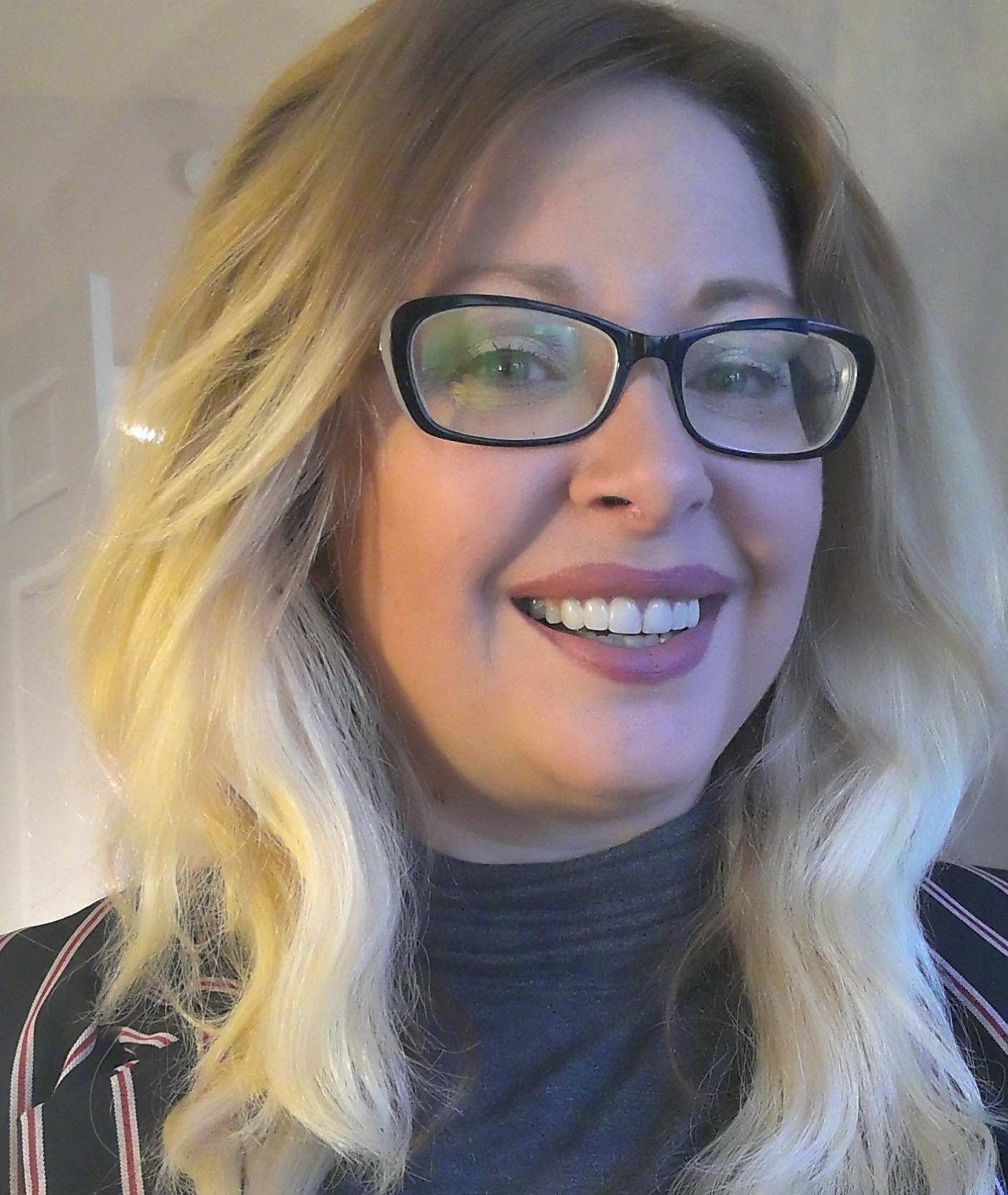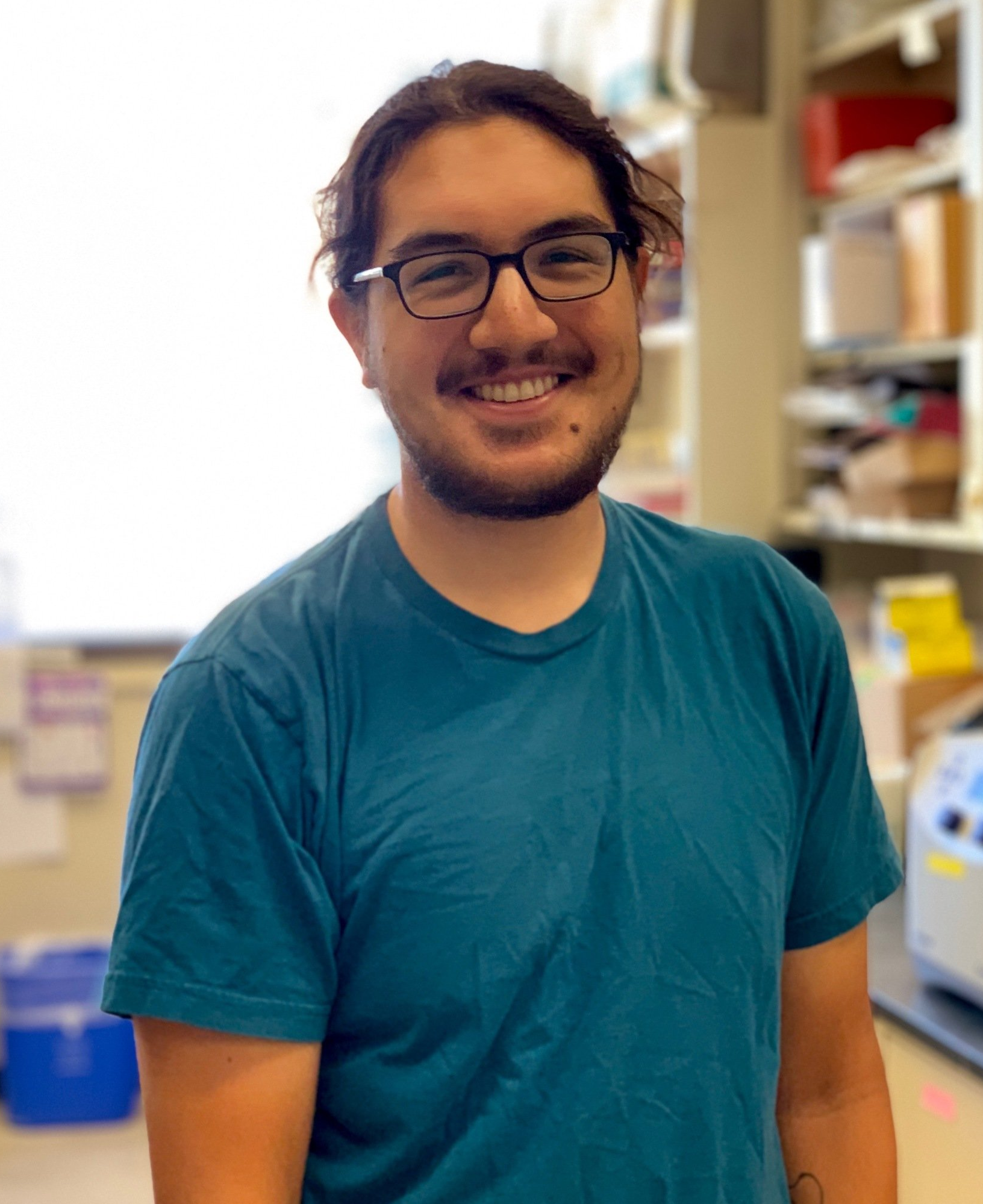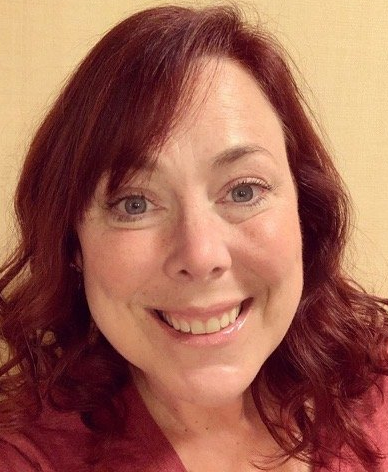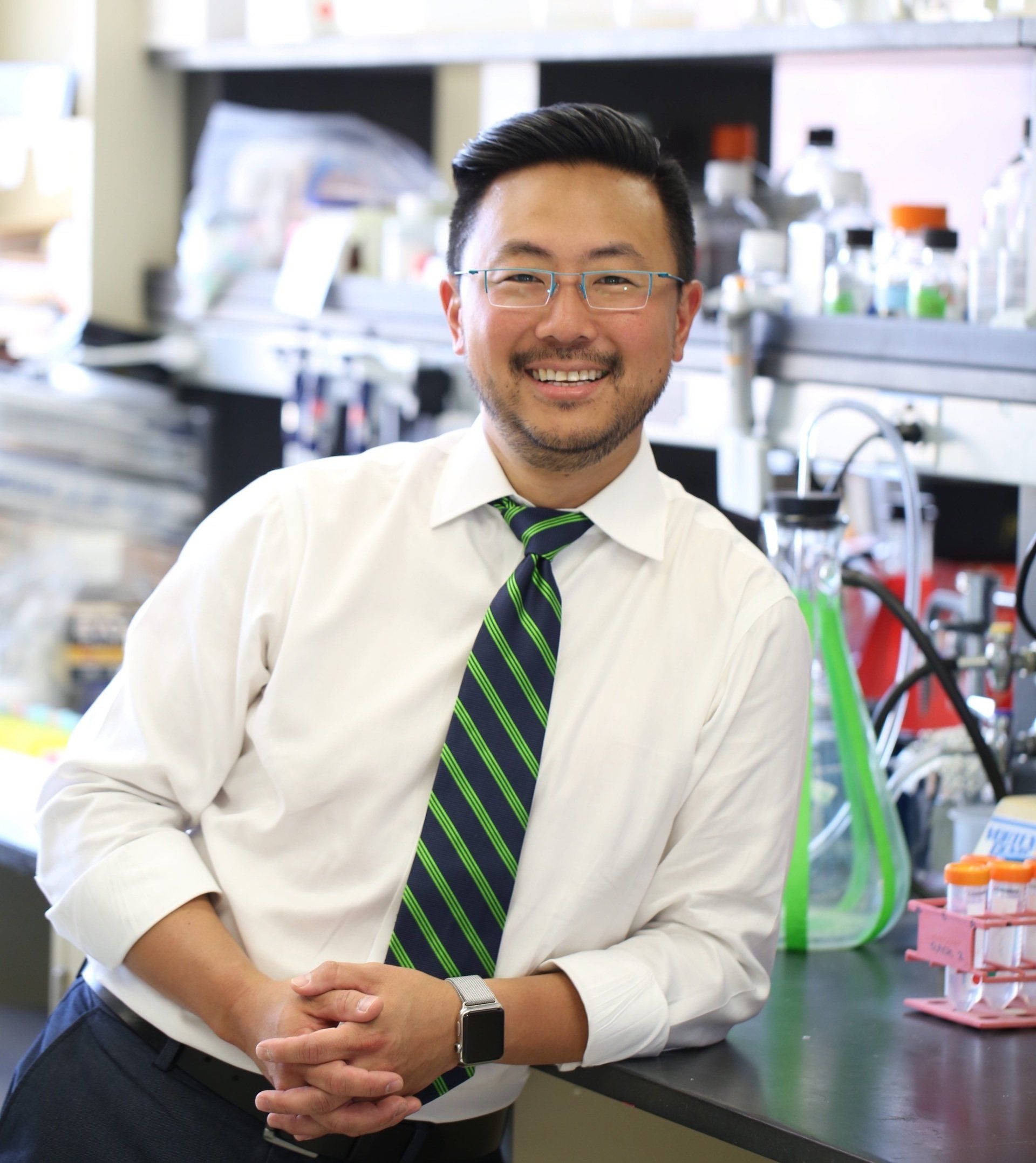- HOME
- ABOUT US
- WHAT IS AiARTHRITIS
- Diseases
- Rheumatoid Arthritis (RA)
- Psoriatic Arthritis (PsA)
- Systemic Lupus Erythematosus (SLE)
- Sjögren's Disease (SD)
- Axial Spondyloarthritis (AxSpA)
- Crohn's Disease
- Sarcoidosis
- Relapsing Polychondritis (RP)
- Systemic Sclerosis/Scleroderma (SSc)
- Behcet's Disease (BD)
- Palindromic Rheumatism (PR)
- VEXAS
- Antisynthetase Syndrome (ASS)
- Mixed Connective Tissue Disease
- JIA
- Familial Mediterranean Fever (FMF)
- HIDS (hyper-IgD syndrome, a mevalonate kinase deficiency)
- Cryopyrin-Associated Periodic Syndromes (CAPS) - Familial Cold Autoinflammatory Syndrome, Muckle-Wells Syndrome
- Schnitzler Syndrome
- Chronic Nonbacterial Osteomyelitis (CNO)/Chronic Recurrent Multifocal Osteomyelitis (CRMO)
- Still's Disease
- All Diseases
- Diseases
- OUR WORK
- RESOURCES & TOOLS
- GET INVOLVED
- CONTACT US
Rheumy Rounds™ :Office Visit Communication Obstacles - Dr. Google, Communication Tools, & when to say goodbye
#RheumyRounds is a pilot break out series of AiArthritis Voices 360
Full Episode #14
Air Date: February 16th, 2020
LISTEN TO THE EPISODE THEN BE SURE TO TAKE A SEAT AT THE TABLE BY JOINING THE CONVERSATION!
(Scroll down the page to learn how!)
You can find, follow, and listen on Podbean, Spotify, Apple Podcast, or where ever you do podcasts. Please follow, rate, and subscribe to the show, then share it with someone. Be sure to check out our top-rated show on Feedspot!
Pull up your seat at the table
Now it's YOUR TURN to join the conversation!
What do you think about this episode?
We want to know what you think! By continuing the conversation with your opinions and perspectives - we all get a better understanding of the problems facing our community. Better yet, through these conversations we can start working and developing solutions.
We mean it when say 360. Not only do we want your input anytime and anywhere, but we also are eager to see where the conversation will take us. So please, "pull up a seat at the table" and let's start talking!
Email us at podcast@aiarthritis.org, message us on social media (find us by searching for @IFAiArthritis)
The AiArthritis Voices Program
Our AiArthritis Voices 360 Talk Show is just a piece of larger program - the AiArthritis Voices Program.
AiArthritis Voices is our program where people living with AiArthritis diseases and other stakeholders who we need 'at the table' to solve problems that impact education, advocacy, and research sign up to have a voice in our initiatives.
If you want to get more involved, and see more of the opportunities we have for you (and all stakeholders) please check out the AiArthritis Voices Program. Unite with others around the world to talk, learn, and connect.
Show Notes: Episode 14 Rheumy Rounds (Pt. 2)
00:52 - Tiffany welcomes listeners to the show
01:46 - Listeners may experience Rheumy Rounds episodes out of order
01:59 - Rheumy Rounds started because patients identified a need to better communicate with their rheumatologists
02:32 - Guests this episode include Dr. Alfred Kim and Jerik Leung, who have done research on patient needs and communication barriers
04:18 - Dr. Kim gets most of his information about patient and public perception of diseases from his patients who have been googling their diagnoses
05:45 - Up to 80% of human assumptions are wrong, and most of us base our decisions and behaviors on these assumptions
06:46 - Dr. Kim says google may be misleading for patients and frustrating for their doctors
07:25 - For many physicians, the emotional aspects of the disease aren’t actionable from a clinical perspective.
08:00 - Patients may be on the defensive at the outset of appointments due to previous negative interactions with rheumatologists
09:00 - Learning to advocate for yourself is necessary for patients living with chronic illnesses
11:10 - Our organization conducted a study in 2013 that found that at least 30% of AiArthritis patients experience brain fog within 12 months of symptom onset regardless of diagnosis
11:54 - Very difficult for physicians who have no personal experience with chronic or severe illness to be empathetic with patients because they simply do not understand
12:53 - It’s important for physicians to ask patients to clarify their symptoms if they do not have any personal experience with them
14:18 - Some doctors aren’t comfortable being in a space where they are no longer acting as the expert, so they won’t ask questions to clarify the patient perspective vs the clinical perspective
15:29 - May be easier for physicians to ask questions of patient advocates as opposed to their own patients within an appointment
17:24 - Patients who can describe their own symptoms very specifically and very accurately (without hyperbole) make the most effective communicator with their physician
18:20 - Patients must know their own body and their own symptoms (like where specifically is the pain within a certain joint or what precise motions are more painful than others)
20:12 - Photos, symptom journals, or lists of topics you want to discuss should be sent to your
physician a week before your appointment so they can prepare for the appointment and use
the time most efficiently
22:30 - A proposal to put NYC physicians on Yelp was widely opposed by physicians who did not want patients reviewing them publicly
22:59 - Dr. Kim wanted his Lupus Clinic to be on Yelp because he wants to know what patients are telling each other about their experience
23:29 - HealthGrades is a website that allows patients to review their US-based doctors
26:03 - Mutual trust is critical between the patient and physician
26:53 - Occupational therapy support may increase patient compliance with their treatment plan and help them and their caregivers achieve a better quality of life
28:05 - Physicians may not address complaints from patients that they are not equipped to handle, but they should be able to refer the patient to someone who can help them
28:59 - Most common reasons people “fire” their doctor: they feel unheard or treatments are not
meeting their expectations
30:33 - Both doctors and patients could potentially benefit from training on how to interact positively and productively with each other
32:15 - Rheumatologists, visit us at AiArthritis.org/rheumyrounds to get involved with the show
32:37 - Patients, please visit us at AiArthritis.org/podcast to contribute your thoughts or sign up to be a co-host
Patient Voices and All Other Stakeholders - Join our AiArthritis Voices Program and Connect to Opportunities to Have Your Voice Counted!
If you are a patient, a parent of a juvenile patient, or any other stakeholder (doctor, nurse, researcher, industry representative, or other health services person) - are you ready to join the conversation? It's your turn to pull up a seat. Join our new AiArthritis Voices program, where people living with AiArthritis diseases and other stakeholders who we need 'at the table' to solve problems that impact education, advocacy, and research sign up to have a voice in our initiatives. By signing up, you’ll get notified of opportunities to be more involved with this show - including submitting post-episode comments and gaining insider information on future show topics. Patients and all other stakeholders are encouraged to join so we can match you with opportunities to pull up a seat and TOGETHER - as equals - solve the problems of today and tomorrow.
AiArthritis Voices 360 is produced by the International Foundation for Autoimmune and Autoinflammatory Arthritis. Visit us on the web at www.aiarthritis.org/talkshow. Find us on Twitter, Instagram, TikTok, or Facebook (@ifAiArthritis) or email us (podcast@aiarthritis.org).
Be sure to check out our top-rated show on Feedspot!
Your Co-Hosts & Guests: Who is at the table this episode?
Tiffany Westrich-Robertson
Tiffany is the CEO at International Foundation for AiArthritis and uses her professional expertise in mind-mapping and problem solving to help others, like her, who live with AiArthritis diseases work in unison to identify and solve unresolved community issues. For the last several years, she has continued her education in research, including becoming a professional focus group moderator, and translated this experience at our organization to develop award-winning, innovative projects that are taking patient engagement to next levels.
Tiffany has served on several advisory boards, including those to advance patient voices in policy, clinical trials, and precision medicine. In addition to reviewing grants at PCORI and for the Department of Defense, she was the sole patient grant reviewer for the National Institute of Arthritis and Musculoskeletal and Skin diseases from 2015-2018. She currently participates as a Patient Research Partner for OMERACT (Outcome Measures in Rheumatology), co-leads our organizations' international effort to advance patient voices in rheumatology research (the ACTion Council) and has dedicated her professional career to developing other patients to utilize their voices to impact the future of millions.
Jerik Leung
Jerik Leung is a graduate student in the Master of Public Health Program at Saint Louis University, College for Public Health and Social Justice (SLU CPHSJ) focusing in behavioral science and health education. He has been involved with lupus-related health research for the past four years, beginning during his time as an undergraduate student at Washington University, where he met Dr. Alfred Kim and conducted a senior thesis project in medical anthropology seeking to understand the primary obstacles of living with lupus from the patient perspective. This work and the necessity of the patient voice in guiding research and treatment priorities has formed the basis of Jerik’s current work with Dr. Kim and Dr. Elizabeth Baker, Professor of Behavioral Science and Health Education at SLU CPHSJ, on understanding and developing interventions related to social support and impact on quality of life among those living with lupus using a community-based approach. After graduate school, Jerik intends to continue on a career path in health sciences research with a specific focus in autoimmune diseases.
Kelly Conway
Kelly is a speech-language pathologist, author/blogger, and a patient advocate. She has been living with autoimmune arthritis since age 14 but wasn’t formally diagnosed until age 32. That diagnosis has changed more than 5 times over the past 18 years. Through social media, she connected with fellow patients and co-founded the International Foundation for Autoimmune and Autoinflammatory rthritis. She has represented her state of Pennsylvania on Capitol Hill for the American College of Rheumatology multiples times, and speaks of the patient perspective at medical/pharmaceutical conferences. Kelly believes in the power of the patient voice and sharing our stories to raise awareness, education, and advocacy.
Dr. Al Kim
Love the show? Help us make sure we stay on the air by making a donation.
Your contribution helps us continue the work we do every day to improve the lives of millions worldwide.
Sign up for our newsletters
International Foundation for AiArthritis
6605 Nottingham Ave.
St. Louis, MO 63109-2661
Toll Free: 1-877-609-4226
Text: 1-314-282-7214
Copyright 2024. All rights reserved. Information on this site is intended for informational purposes only Our foundation does not engage in the practice of medicine. Please consult a physician to obtain personal healthcare and treatment options. 501(c) 3 Nonprofit Tax ID: 27-1214308.















